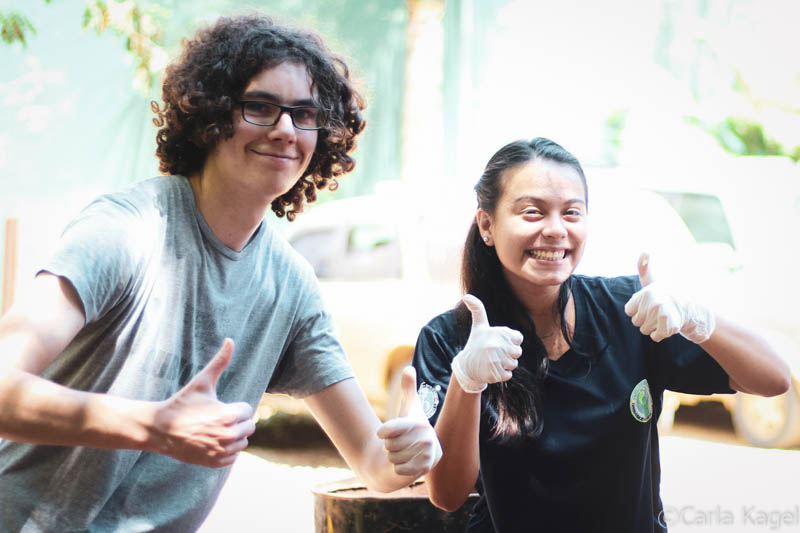
by Katie Chiaverini | Jun 16, 2019

Why send your child to camp? The benefits for your child will last much beyond the camp itself. The Model United Nations Institute highlights the many camp benefits which increase social skills and improve overall mental and physical health. A few of the most prominent include: learning from positive role models, the development of self-reliance and independence, and making new friends with people from different backgrounds. The Century Foundation also reports that “students’ exposure to other students who are different from themselves and the novel ideas and challenges that such exposure brings leads to improved cognitive skills, including critical thinking and problem solving.”
Another important aspect of academic summer camps is the preparation they provide for college and career life. MUN Institute reiterates that college admissions are growing more and more competitive and this then continues into the job search. Camps help students gain new skills that universities and employers are looking for, including communication abilities, critical thinking skills and motivation to focus on specific subject areas (Walsh, 2018). In our Futuro Verde College Counseling course, we specifically work on identifying hard (quantifiable) and soft (personal) skills, developing and strengthening them throughout the high school years.
Many of our very own Futuro Verde students have had the opportunity to attend camps or will be doing so in the future. Two of our students have recently returned from a music camp in Southern United States. When asked about the highlights of their experience…the first thing both students mentioned was the opportunity to meet new people from different cultures. They also both recognized the challenge of staying with a home-stay family but how it was a positive experience that made them grow as individuals. For one student, she found it a bit of a struggle to speak English the entire time, but was appreciative of having to go out of her comfort zone to communicate with her host family and other camp members. She also loved the Master’s class as she improved her technical skills in music. Traveling all on their own and the preparation for travel was a new experience and help them plan ahead and be responsible for many small details, whether it is from deciding which clothes to bring to finding city attractions to visit.
Two students who regularly attend a wilderness camp in the Northwest of the United States commented that their favorite memories include kitchen food raids with their counselor late at night, learning how to play ga-ga ball, and meeting new people who they hang out with for an entire week thus getting to know them better. They remember the skills and new games they learn and even find themselves singing camp songs upon their return home.
Several other students have had the opportunity to attend a local camp in San Jose which was service oriented. One student excitedly remarked about her favorite memory which was volunteering at a local non-profit organization because it was a fun experience and she enjoyed getting to help others. Another student who went to the same camp appreciated learning leadership skills, working as a team, and the fun activities they got to do with diverse groups of people.
All of the students who participated in camps reflected on the fact that going off to camp on their own brings about a lot of nervousness and excitement but that it is an exhilarating feeling traveling on their own and increases their independence. A father of children who attend camp regularly agrees with the independence piece – he believes it is an important life skill, working through homesickness at a young age, dealing with the ups and downs of camp life and being resilient enough to enjoy the overall experience. In short, camp can be an enlightening experience for both students and parents, teaching life skills that can endure a lifetime.
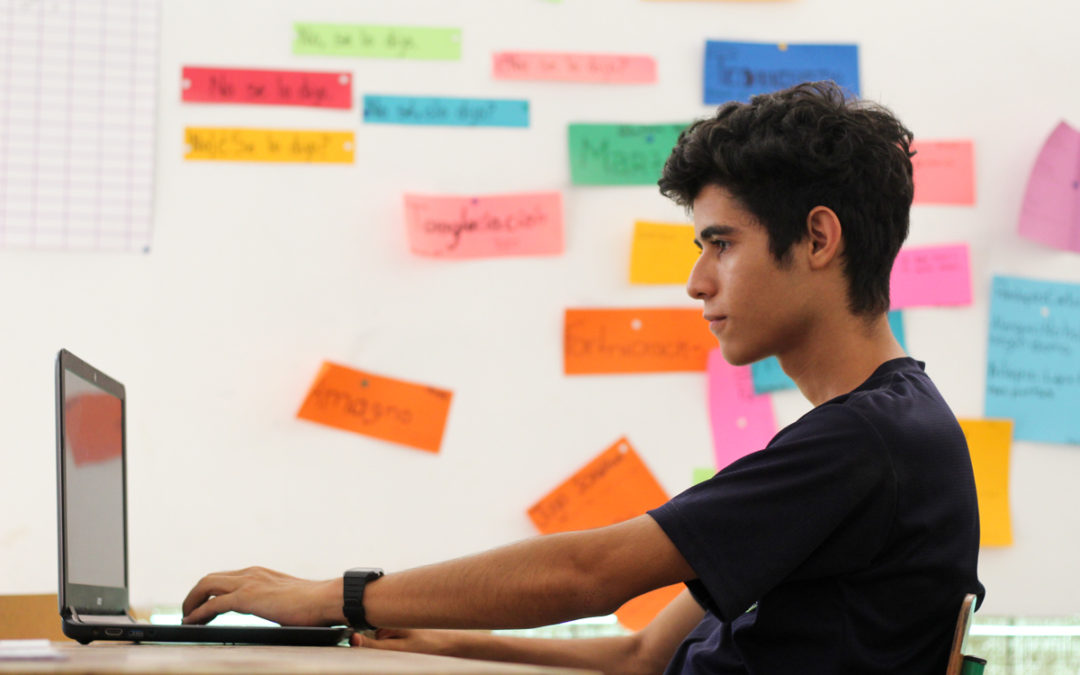
by Stuart Millar, IB coordinator | May 31, 2019
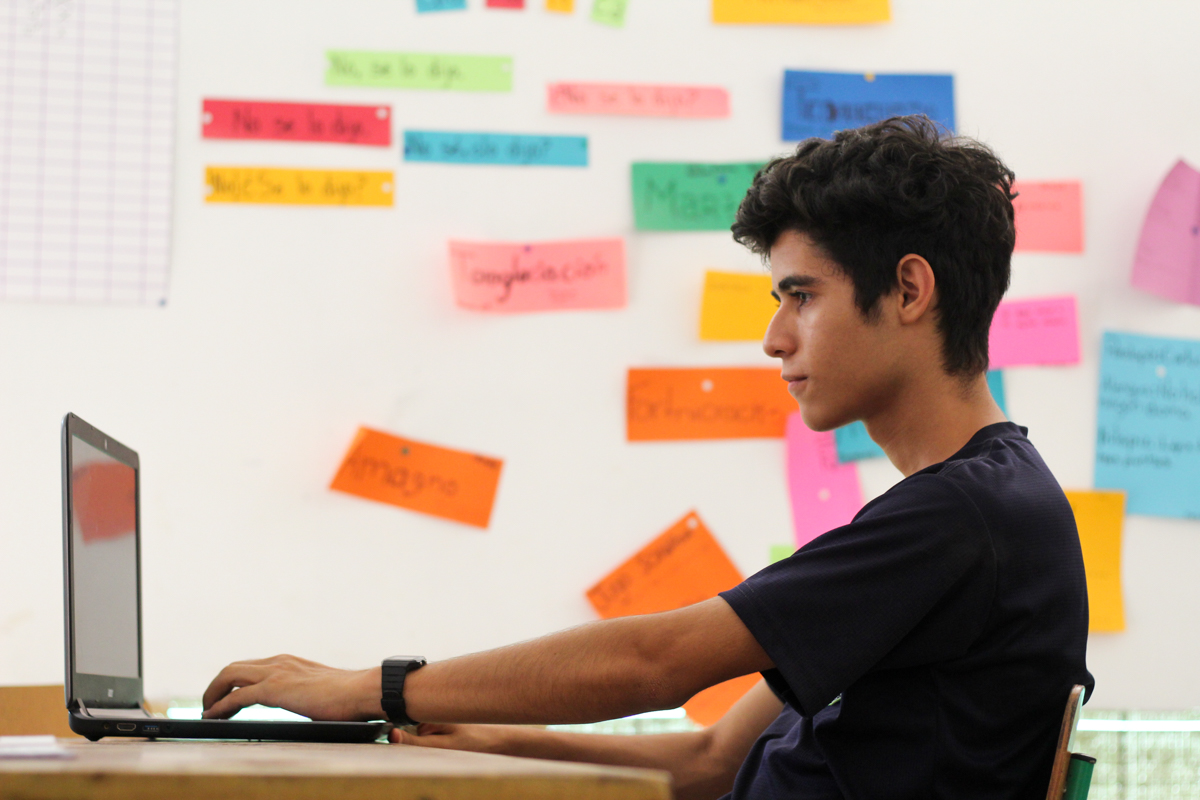
(By Stuart Millar and Karol Madrigal)
November 2019 is a month that the 11th and 12th graders are focused on, with exams on the horizon. Our first IB students will take their final exams over a three week period, while 11th grade students will take their final MEP exams in social studies and civics during the first week of November.
However, some might not be aware that a large percentage of a student’s final grade will already have been decided by then. In social studies and civics, 40% of the final grade comes from the classwork, homework and projects that the students have completed since the beginning of 10th grade. Essays, research projects, oral language assessments, visual art exhibitions, and recorded musical performances mean that our IB students will have completed more than half of their assessments by the time the exams come.
What does all this mean if you are a student in 10th, 11th or 12th grade? First, it means everything counts! So, work hard on every piece of classwork, homework, and every project so you can walk into the exam knowing that you have a solid base. If you’re not the most confident in exam taking techniques, then you can feel better about the fact that the exams are not all or nothing. However, in that case it is especially important that you take the exams with some good points already under your belt. For those who excel in exam situations, don’t rely on that to help you achieve a high final grade if you haven’t invested the necessary time and attention in all the other assessments.
It might be a cliché, but the two years leading up to MEP or IB exams are marathons, not sprints. It is vitally important that students give their best effort every day and chip away at all the work they have to do in the years leading up to the final exams. Teachers and parents should remember that every class and every piece of work plays a role in whether a student is as successful as they can be, or not. This is why life skills like organization, time management, attendance, and punctuality are important for all of us.
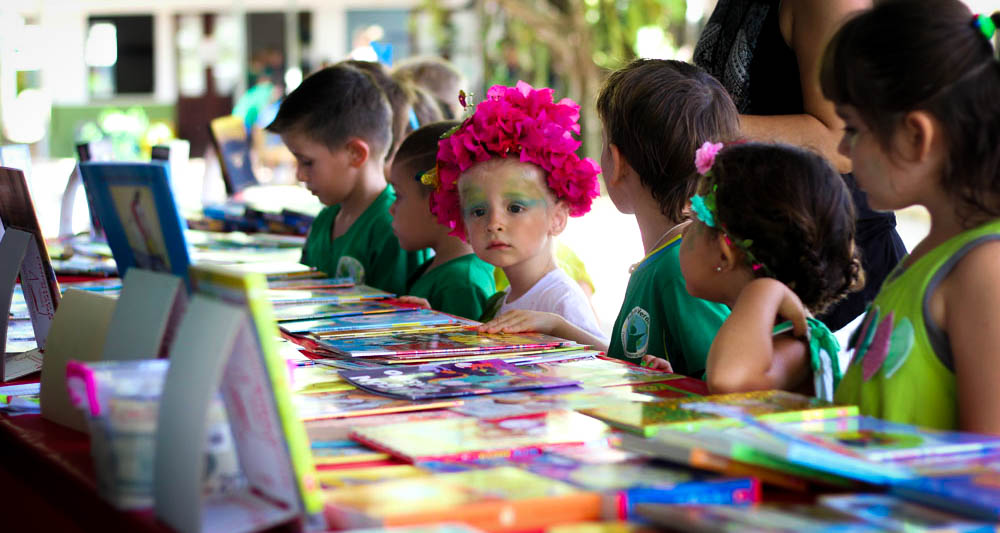
by Lural Ramirez | May 9, 2019

Over the course of this year I will be sharing with you reflections on our school’s core values. My article in March explored the first of five core school values, “Futuro Verde: Always connected, forever evolving”. Today, I will be sharing reflections on our second core school value.
Futuro Verde: Feeling safe and comfortable to be ourselves helps our learning to thrive
Student well-being is an essential component to the educational experience. When a student feels safe and comfortable throughout their day at school they are more able to access their learning and acquire and internalize new concepts and enduring understandings. School safety includes being free from physical, social and emotional harm and it is an integral aspect to school leadership and design. Student comfort should include the ability by all students to feel accepted and understood by their teachers and peers and to also have an internalization of the school procedures, traditions and routines and to come to expect consistently how the school environment will be. When these conditions are in place, students not only learn and grow, but they thrive!
At Futuro Verde we are fortunate to be situated in the middle of the countryside and jungle. We have secure campus infrastructure and because our students are encouraged to take risks and explore their natural environment they are well-equipped to keep themselves physically safe. Our commitment to active staff supervision during all structured and unstructured times of the day ensures that adults are present to guide, correct and encourage. Our strong social-emotional structure at school includes whole school commitment to mindfulness, reinforcement of our learner profile throughout all aspects of student life, democratic and reciprocal processes of student-teacher engagement, and restorative justice approaches to behavior management. Through our Peace Practices and multi-age learning with Buddy Classes, our students feel connected to one another, they come to deeply know each other and they learn to interact and engage with one another under a pretext of respect and understanding. Our staff are highly qualified and then are trained and supported regularly in their ongoing professional development needs. This school-wide, professional focus on calibration and collaboration among all Futuro Verde staff leads to the consistency and coordination that allows for a predictable and stable learning environment for all students.
This is why students who learn at Futuro Verde can be described as thriving in their learning environment and we are proud of our structures, the articulated support systems we have in place, and our prioritization of student well-being throughout all ages and stages of the educational process!
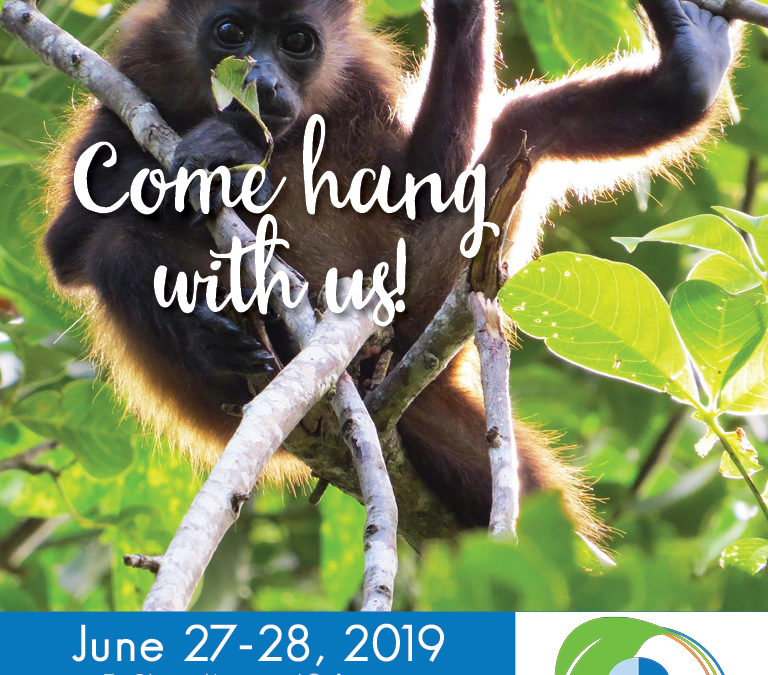
by Lural Ramirez | May 7, 2019
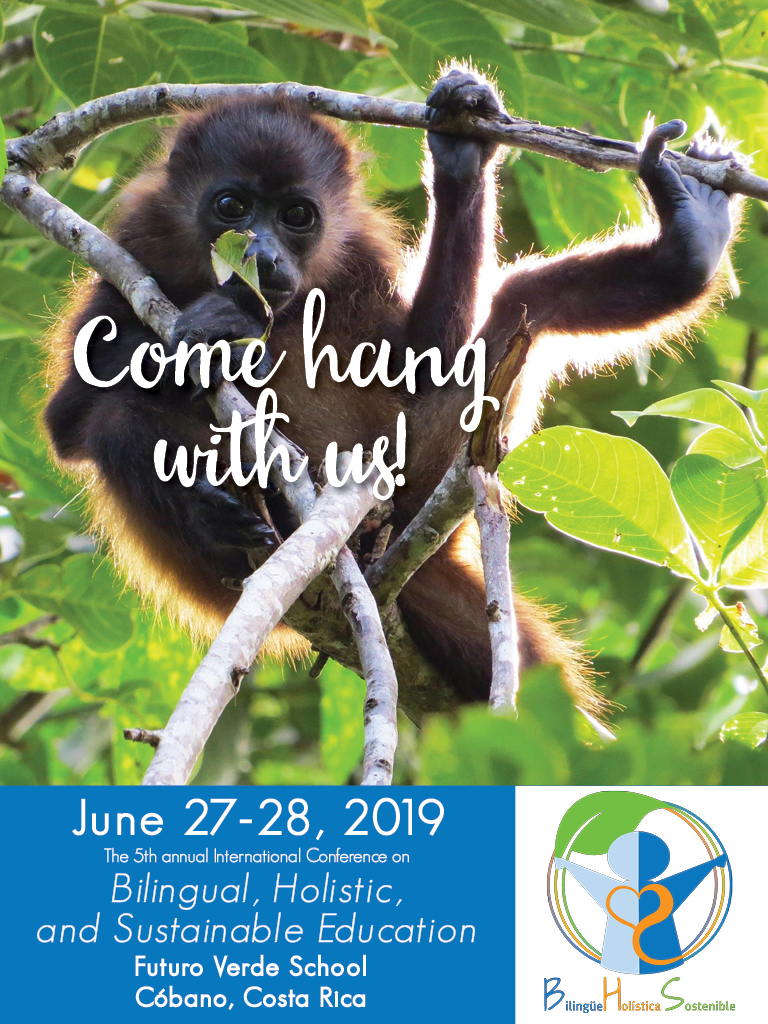
Have you heard about Futuro Verde’s annual education conference held on our campus on the last Thursday and Friday of June each year? Attendees from years past can attest to how unifying the conference is with attendance by educators, community members, parents and students from around the peninsula, Costa Rica and the world.
This year’s conference is gearing up to be another great experience! Click on the link below to register and read the flyer below for details on the basics of registering and getting involved in this year’s conference! And, don’t forget! Our Call for Proposals is currently open for submissions. If you are an educator or community member with something to share in the area of bilingual, holistic or sustainable education, submit your proposal today!
Registration Form
Call for Proposal
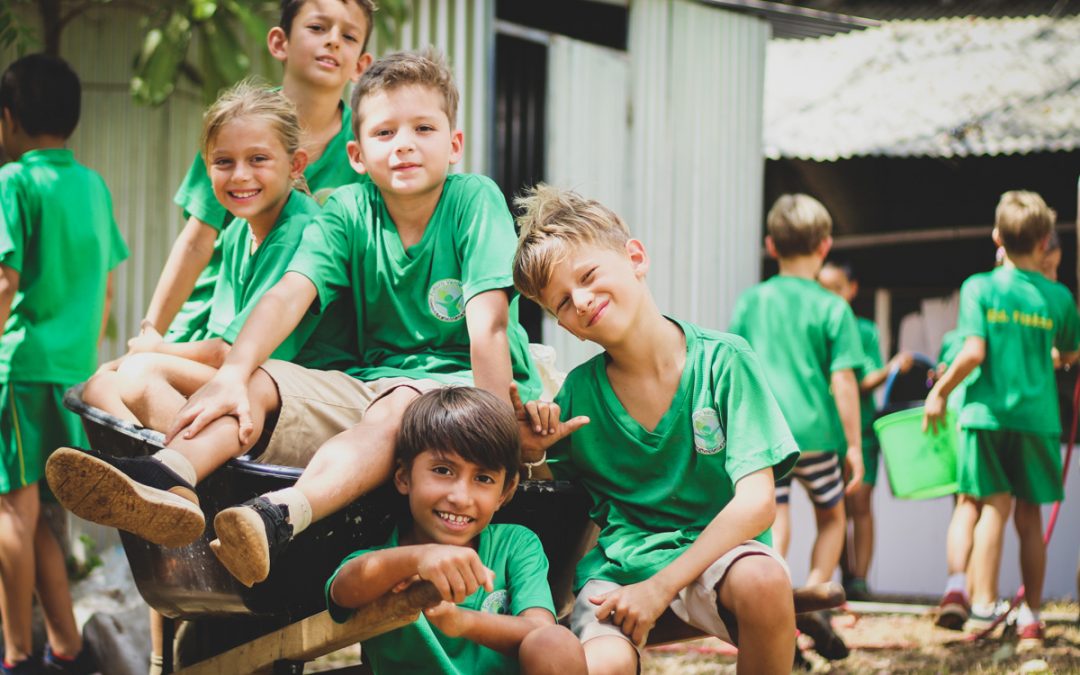
by Lural Ramirez | Mar 29, 2019
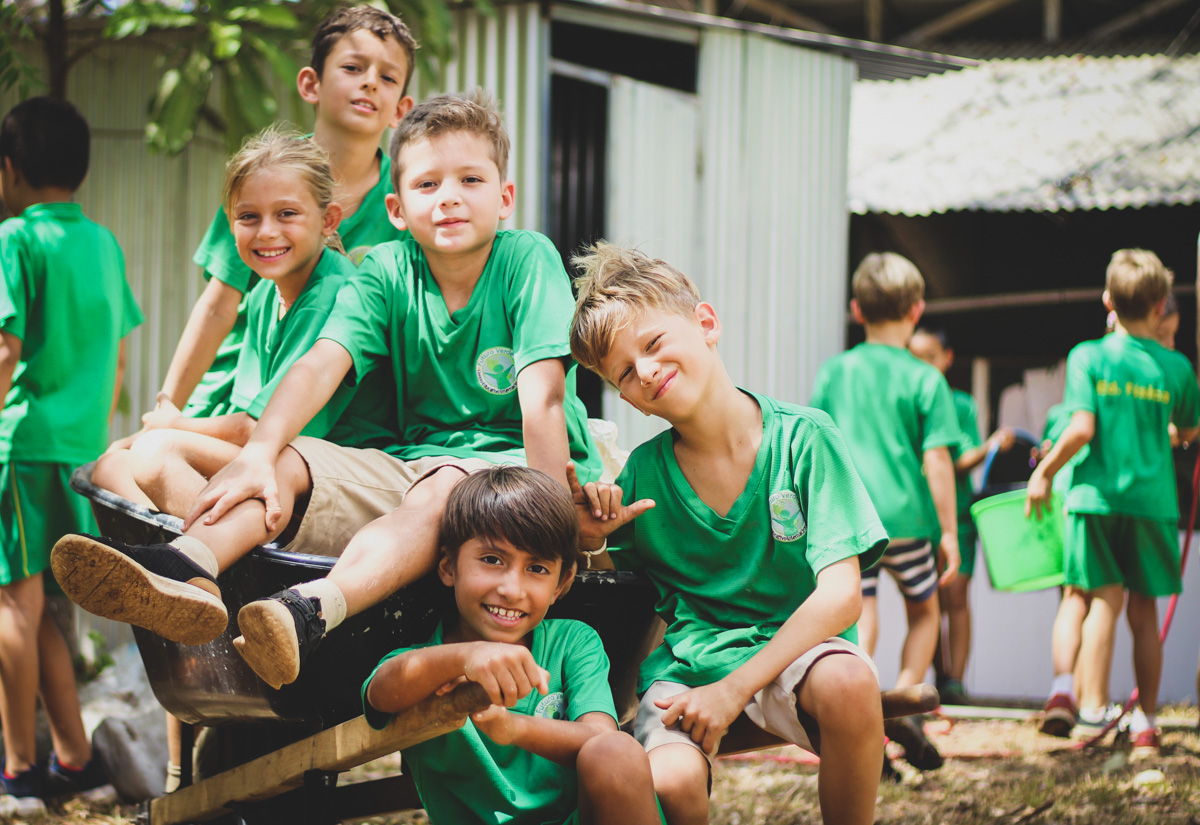
Preface and Context
As a part of my role as Head of School for our International Baccalaureate (IB) authorization at Futuro Verde, I had the pleasure of participating in a Leadership and Governance Webinar Series offered to Heads of School over the long holiday. The learning and inspiration from the series covered four topics: consistency of mission and vision, growth and accreditations, research-informed models of teacher evaluation and school finance. On the basis of the mission and vision webinar, our teachers engaged in a series of reflective activities during their professional development prior to the start of the school year with the goal of articulating our school values. Throughout this school year, we will be sharing the articulation of these values across our social media platforms and our communications channels. When you come and visit us next, please also read our teachers’ Six Word Memoirs which are posted on a bulletin board in the main office. These amazing Six Word Memoirs are a further extension of the articulation of Futuro Verde’s values.
Futuro Verde: Always Connected, Forever Evolving
In 2018, the IB celebrated its 50th anniversary and, that same year, Futuro Verde celebrated its 10th anniversary. Over the course of our 10 years, much like the path taken by the IB in its anniversary book, “The International Baccalaureate: 50 Years of Education for a Better World” which was sent to all IB Heads of School, we have seen an evolution of our school and the benefits to our students of a coherent, connected educational experience. The Futuro Verde community continues to grow in size, but our evolution in numbers, in quality of teaching and learning and in scope and breadth of servicing for students has not led to a disconnection from our original mission as a school and our main goal of connecting our diverse communities.
For our staff and our board of directors, it is essential that our school community know that we will continue to grow and evolve and, as we do so, we will continue to prioritize our connections and support of each other! The heart of our school is the connections we have with one another, the multilingualism, the diversity in national origin, religion and beliefs and the unity we all share as we progress forward and evolve as a school.
Thank you for your connection to our school and for joining us on our journey of ongoing evolution!

by Axel Alvarado | Mar 29, 2019

This event allows students to express themselves, through music and literature. Our debut was on March 28th, from 4:30 pm to 6:00 pm, at Futuro Verde Educational Center. Garage bands, dance, poems, and songs crowned the night. 11th grade prepared a soda full of delicious food and snacks. There was a jam session time for those who wanted to improvise and showcase their talent. We are grateful for the support of parents, family, and friends.
The reason behind this CAS project is the lack of artistic expression in this area. We know that some places, offer Open Mic nights, but more are needed. Many people want to showcase their talents, and do not have the opportunity. This is why we felt the need to create a space where students, teachers, and parents get together during an afternoon of entertainment filled with improvisation in both music and literature.
We know that more and more people are going to want to participate, so we decided to organize one every two months. We are counting on the collaboration of parents to announce the event to more people!











